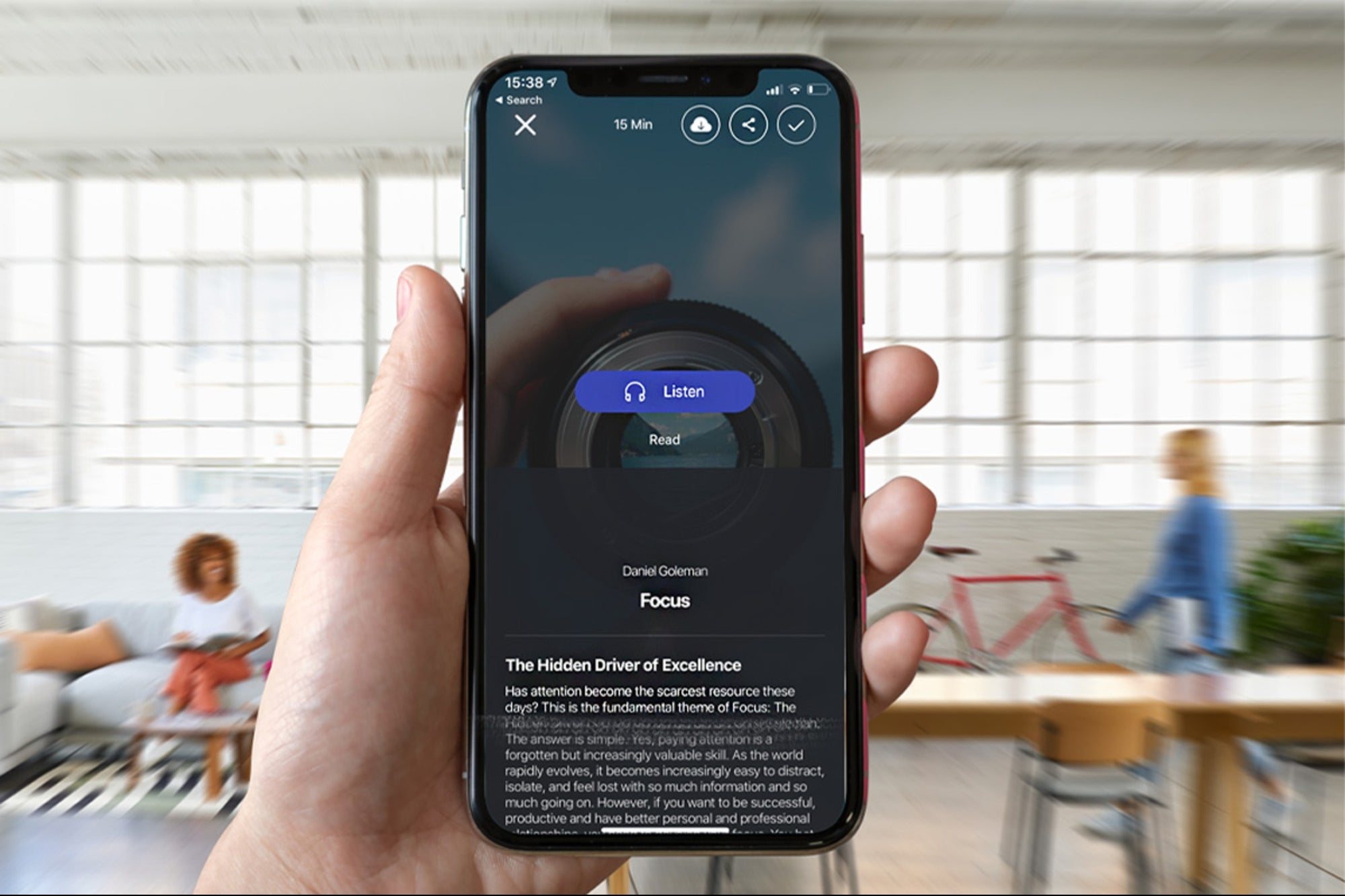Court Orders Gilead to Pay Merck $200 Million for Hepatitis C Drug Patent Infringment Merck had originally asked for $2 billion.
By Reuters
This story originally appeared on Reuters

A federal jury on Thursday ordered Gilead Sciences Inc. to pay Merck & Co. $200 million in damages for infringing two Merck patents related to a lucrative cure for hepatitis C.
The damages award is far less than the $2 billion Merck had demanded. On Tuesday, the same jury in San Jose, Calif., upheld the validity of the patents, which lie at the heart of the dispute over Gilead's blockbuster drugs Sovaldi and Harvoni. Together the medicines had more than $20 billion in U.S. sales in 2014 and 2015.
Merck is trying to catch up to Gilead, which dominates the market on a new generation of hepatitis C drugs that can cure well over 90 percent of patients with the liver disease.
Merck, which in January won approval on its own hepatitis C drug, Zepatier, is also asking for a 10 percent royalty on Gilead's sales going forward. That issue will be argued in a separate non-jury trial before U.S. District Judge Beth Labson Freeman starting next week.
Gilead spokeswoman Michele Rest said the company does not believe Merck is entitled to any damages. "In the event the judge maintains the jury's verdict, we will appeal," she said.
In a statement, Merck said, "We are pleased that the jury recognized that patent protections are essential to the development of new medical treatments."
In after-hours trading, Merck shares were down 50 cents to $52.57. Gilead shares gained slightly.
Insurers, politicians and patient groups have denounced the list prices of the new drugs. Harvoni, at $1,125 per pill before discounts, costs $94,000 for a 12-week regimen.
Gilead obtained the active ingredient in its drugs, sofosbuvir, by acquiring Pharmasset, Inc in 2011. Merck said Pharmasset developed the chemical from a Merck patent that was filed in 2002. Gilead, meanwhile, said Merck's patents were derived from Pharmasset's work.
After Merck, based in Kenilworth, N.J., demanded royalties in 2013, Gilead and Merck sued each other in the U.S. District Court for the Northern District of California. Last month, Freeman ruled that Gilead's drugs infringe Merck's patents.
In calculating damages, jurors said they sought a middle ground. "We worked to get to something we could all agree so we weren't hurting one side or the other," juror Cody Shump, a 20-year-old San Jose resident, told Reuters.
Merck's partner and co-owner of the patents, Ionis Pharmaceuticals Inc,, will get 20 percent of the damages awarded Merck.
The case is Gilead Sciences, Inc v Merck & Co, Inc, in the U.S. District Court for the Northern District of California, No. 13-cv-4057.
(Reporting by Andrew Chung in New York and Rory Carroll in San Jose; Editing by Alexia Garamfalvi, Diane Craft and Leslie Adler)









